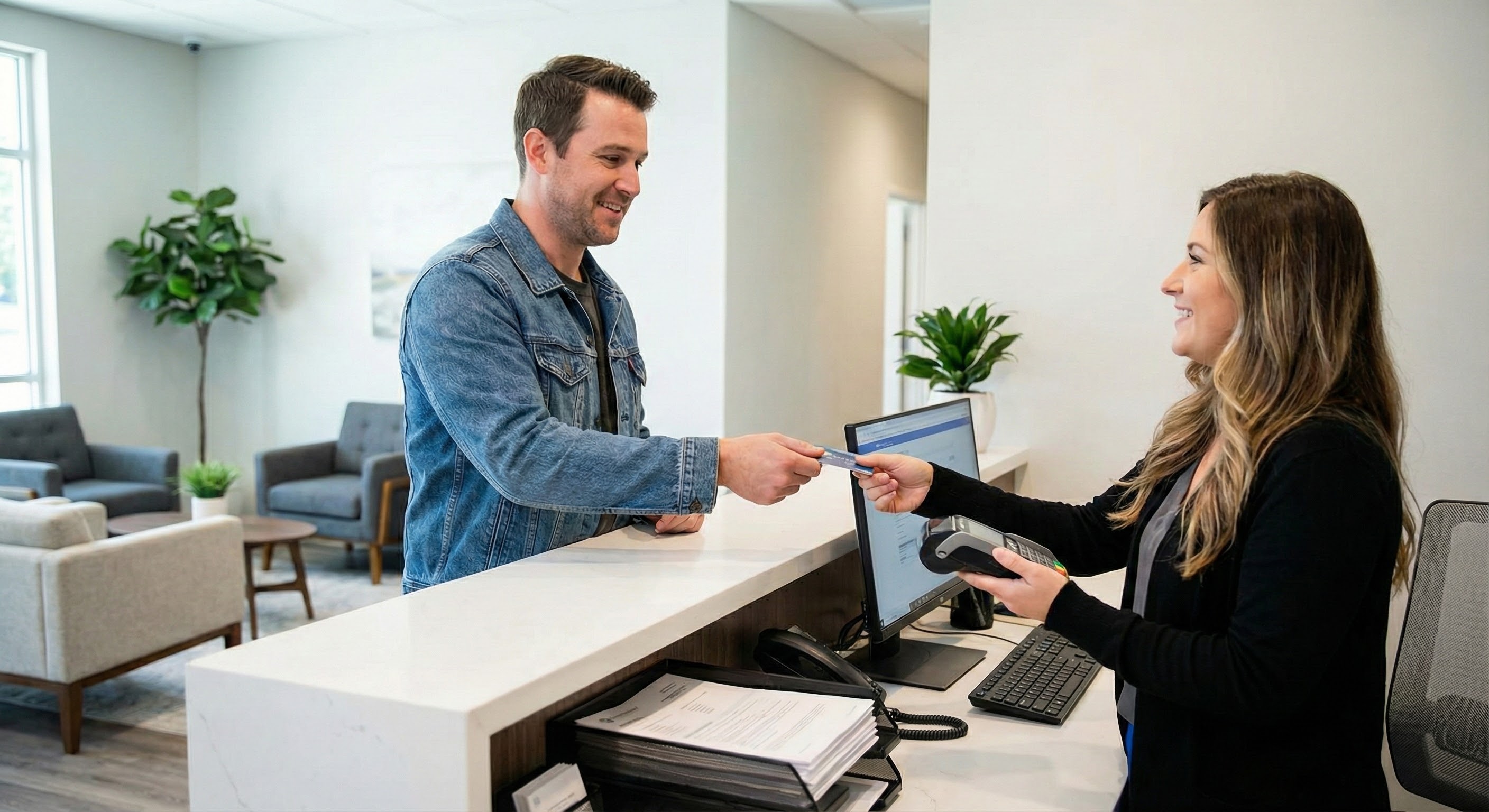Residential Treatment in California: A Guide for Families and Teens
If you or someone you love is struggling with addiction, mental illness, or behavior problems, residential treatment in California can help. This kind of care gives patients a safe, supportive place to heal. In this article, we’ll explain what residential treatment is, how it works, and why it can make a big difference in someone’s life.
We use simple language so anyone, including parents, teens, and young adults, can understand. Let’s get started.

What Is Residential Treatment?
Residential treatment is when someone stays at a special place called a treatment center. They live there while getting help with mental health, substance abuse, or behavior problems. These programs are different from going to a doctor for a few hours. You live there full-time and get help every day.
Why People Go to Residential Treatment
People go to residential care for many reasons, such as:
-
Alcohol or drug problems
-
Depression or anxiety
-
Bipolar disorder or schizophrenia
-
Suicidal ideation (having thoughts of hurting yourself)
-
Trouble with anger or behavior regulation
-
Issues at school, with family, or with friends
What Happens in a Residential Treatment Program?
When someone enters a residential program, they meet with doctors, therapists, and other staff to build a personal treatment plan.
Services in Residential Care Include:
-
Therapy: Talking with a therapist to understand feelings and learn coping skills
-
Medication: Getting the right medication for mental health or addiction problems
-
Art therapy & music therapy: Using art and music to express feelings
-
Adventure therapy: Outdoor activities to build confidence and reduce stress
-
Anger management: Learning how to control emotions and reactions
-
Life skills & social skills: Practicing healthy habits and positive communication

Who Can Go to Residential Treatment?
Residential treatment is for people of all ages, including:
-
Teens who are struggling with behavior or mental health issues
-
Adults dealing with substance abuse or mental health challenges
-
Youth in foster care or unsafe homes
-
Parents who need help supporting their child’s recovery
Some programs focus on specific needs, like gender-specific care, dual diagnosis (mental health + addiction), or family-based support.
Treatment for Substance Abuse and Addiction
In California, many residential centers help people with substance abuse, such as using alcohol or drugs. These programs teach about addiction as a disease and offer tools for long-term sobriety.
Drug Treatment Options Might Include:
-
Detox (removing drugs or alcohol from the body)
-
Counseling about addiction triggers
-
Group therapy with other patients
-
Help with relapse prevention
-
Support from healthcare staff
Addiction recovery isn’t easy, but it’s possible with the right support.
Mental Health Support in California
Residential treatment centers in Southern California, including places like San Diego, offer care for mental health disorders such as:
-
Anxiety
-
Depression
-
Bipolar disorder
-
Schizophrenia
-
PTSD
-
Suicidal ideation
These treatment programs help people understand their thoughts and emotions. With support, they can learn to manage stress and feel better.
What Is PHP and How Is It Different?
PHP stands for Partial Hospitalization Program. It’s for people who need a lot of help but don’t need to live at the treatment center.
PHP vs. Residential:
-
Residential: You live there 24/7
-
PHP: You go home at night but spend most of the day at the center
Some people start in residential care and then step down to PHP as they improve.
Can Insurance Help Pay for Treatment?
Yes! Health insurance can cover part or all of the cost of residential care.
Things That May Be Covered:
-
Therapy
-
Doctor visits
-
Medication
-
Detox services
-
Inpatient or outpatient care
Talk to the treatment center or your insurance company to check what’s covered. Many centers work with healthcare providers to make care more affordable.
How to Choose a Good Treatment Center
When picking a treatment center in California, look for places that are licensed and approved by groups like the Commission on Accreditation of Rehabilitation Facilities (CARF).
Other Good Signs Include:
-
Experienced staff
-
A clean, safe space
-
Good reviews from other families
-
Services like music therapy, art, or education
-
Programs for relapse prevention
-
Support for parents and teens
Every person is different, so find a program that fits your needs.
What Are the Goals of Treatment?
The main goals are to help patients:
-
Feel safe
-
Learn healthy coping skills
-
Understand their emotions
-
Build a sober life
-
Manage mental health
-
Return to family, school, or work stronger
Recovery is not a quick fix—it’s a journey. But with help, people can feel better and live a healthier life.
Life After Residential Care
When someone finishes a treatment program, they may still need support. Many centers offer aftercare to help with:
-
Staying sober
-
Going back to school or work
-
Handling stress or anger
-
Using new skills at home
-
Preventing relapse
Support doesn’t stop after you leave. That’s why aftercare and community support matter.
Why California?
California is home to many top-rated residential treatment centers. Places like Southern California, including Los Angeles, Orange County, and San Diego, are popular because they offer:
-
Experienced providers
-
Peaceful settings
-
Outdoor therapy like hiking or surfing
-
Access to top hospitals and health care
Whether you live in California or want to travel for treatment, there are many good choices.
Help Is Available Now
If you or someone you know needs help, don’t wait. Talk to a trusted adult, call a treatment center, or speak with a therapist. There is hope. With the right care, healing can begin.

Seeking Treatment? We Can Help!
We work with PPO Out of Network Health Insurance Policies
If you or a loved one are struggling with mental health challenges or substance abuse, reach out to Mountain Sky Recovery today. Our team of compassionate professionals is here to support your journey towards lasting well-being. Give us a call at 951-498-5412. Visit SAMHSA for more information.



